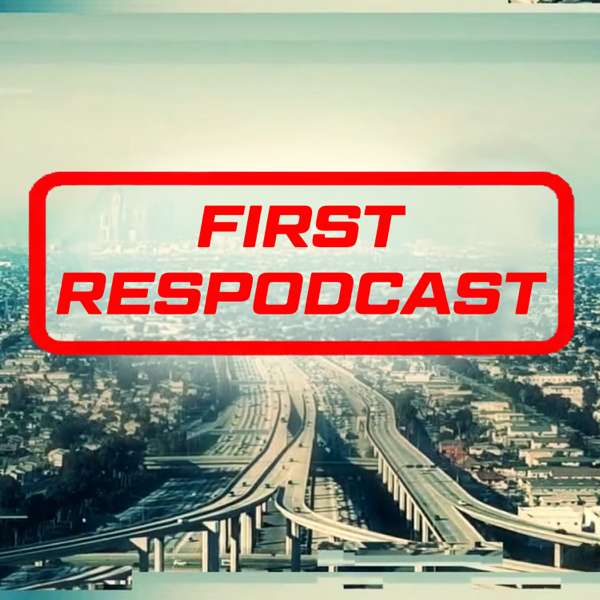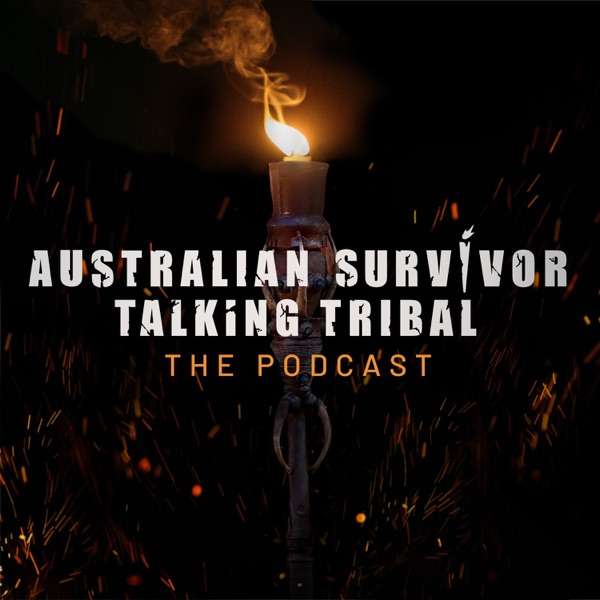Today, I have Dan Staudigel who will be talking about "Bend Racing." Coming up in December, they'll be climbing 30,000 feet, close to a level of Mount Everest.
Known on the team as "The Mule," Dan is a particularly skilled bushwacker, navigator, and analyst. He was drawn to adventure racing after being a student in Jason's high school class. His favorite part of racing is the power of having a team with a common sense of purpose; and therefore, being able to move with a speed that each teammate could never maintain individually. When not racing, Dan can be found creating digital spaces solutions as a software architect.
In this episode, you will hear about:
- How Dan discovered the sport world
- The need to get engaged with a community
- Health awareness in sporting
- Philosophy of suffering and stress
- Journey towards body acceptance
[03:15] How Dan started the adventure racing sport: Jason was his teacher in high school (Dan was taking a climbing fitness class). He overheard Jason mention adventure racing, which was padding and running. They trained and then raced.
[05:25] The team was originally Team Yoga Slackers, then became Team Gear Junkie, and now, Bend Racing.
[07:15] Dan is a new Dad. His kid is just over 2 years old with one more on the way. He lives in Bend, about 100 yards from Jason. It began with an offer to watch Jason's parent's house. They have a modern racing, kid raising compound in their neighborhood.
[09:45] One season, they ran three expedition races in two months: it was an expedition race every 4 weeks. Dan's wife Chelsea got a gallstone 30-60 minutes into the race. Every time they came back from a race, they had the "post-race blues." Around that time, a book came out about tribes and how important it was to mental health. The depression was due to being separate from the tribe.
[13:45] Culture is so individual, and it's a lie. It's a relief to set aside that personal piece and ask the group how to help.
[16:15] Dan participated in World's Biggest Race: Eco Challenge Fiji.
[19:30] People talked about Dan's team "pushing really hard" but they could have continued at that pace indefinitely (fighting 7K tailwind) if it was colder. He didn't supplement enough salt. During eight hours of paddling, he drank six liters of water, ate 300 calories per hour, but only consumed a gram of salt. He sweat out his electrolytes.
[21:30] For every liter of water you drink, you should consume 10 grams of salt, to help your muscles work. When you drink water, your body wants to move it from your gut into your body water system, but if it doesn't have enough electrolytes, it pulls the needed electrolytes from your body water and into your gut. It steals from the preserve.
[23:45] The final stages of hyponatremia are: seizures, coma, death. In hindsight: carry salt pills. Dan prefers to drink water and supplement salt, because the 1% solution tastes awful to him. They dropped out of one race because of Jason's hip.
[26:00] The team had a 24 hour headstart, but then it took 36 hours to traverse the distance the other teams took 8-12 hours. They ended in 7th-8th place because they did not want to inch-worm up a mountain and across a glacier.
[29:30] The adventure racing mindset is: you push as hard as you can, and if they cut you off, they cut you off. Don't take yourself off the course, let the course take you off.
[34:50] Dan explains his philosophy about suffering and trade-offs. Walking through 100K of thornfield jungles of Patagonia is good practice to "being where you want to be. Life will be hard no matter what. Choose HOW you want to suffer.
[38:00] It's highly adaptive to think you are not enough, because how else will you progress towards the next "carrot" that's just ahead? In some cases, this can be demoralizing. If you don't choose your suffering, your mind will make up something else to suffer about.
[40:00] Avoid suffering by cutting out doomscrolling and Netflix binging. Most humans in America experience fight-or-fight in relation to their power bill, mortgage, or job. There's something freeing about getting that stress response in the "nature intended way" -- you get the adaptiveness that way.
[42:45] It's easy to over-train emotionally (in the same way you could over-train physically and injure yourself throwing weights around). Seek adaptive improvements to build resiliency instead of maladaptive responses, i.e. a toxic team. A benchpress can be done correctly or incorrectly, in the same way a difficult talk can be done "the wrong way."
[44:00] Dan explains how failure in physical training and relationships can be corrected and lead to increase strength.
[47:00] Dan describes his journey towards body acceptance. Everyone else in the race, relaxing in the pool, were very "jacked." But Dan realized his arms and legs were more efficient.
[51:00] If Dan was slightly slimmer, he would have been at less risk of overheating, but would have had less sodium reserves.
[52:30] When you see an athlete (like a cyclist) posing for a photo, they're flexing muscles. It's performative.
[54:00] Self-talk is a choice. It takes a lot of practice to see that choice and make a different choice.
Ten Rapid Fire Questions [58:00]
- Favorite junk food item: Snickers bar
- When you think about the word tough, who's the first person that pops in your head? You, right now.
- Most used gear item and eco challenge? Backpack.
- Your go to pair of shoes: Topo Mountain Racer
- What was the hardest single day of your life? Patagonia, 2013.
- In five years you will be? On the Moon.
- Favorite race? I love them all.
- Dogs or cats? Dogs.
- You can train with one person for one day, who is it? The Kiwi Guys, Nathan.
- Tell me the go to phrase that you say to yourself when you're deep in the hurt locker. Tell yourself a new shitty story.
Key Quotes
[27:00] "Always keep going if you can. Always find a way to keep going."
[33:45] "The easiest way to be where you want to be, is to want to be where you are."
[36:22] We have as a society traded away so much physical suffering for emotional suffering. Most people do not see this connection that your only choices how to suffer. They spend all sorts of time trying and failing to suffer less. And really, they just need to choose how to suffer and try to do their best at that.
[51:30] "The whole game in adventure racing is to stay at a low level of output that you're primarily using body fat for fuel over stored muscle glycogen."
***
EPISODE CREDITS:
If you like this podcast and are thinking of creating your own, consider talking to my producer, Danny Ozment.
He helps thought leaders, influencers, executives, HR professionals, recruiters, lawyers, realtors, bloggers, coaches, and authors create, launch, and produce podcasts that grow their business and impact the world.
Find out more at https://emeraldcitypro.com

 Our TOPPODCAST Picks
Our TOPPODCAST Picks  Stay Connected
Stay Connected







